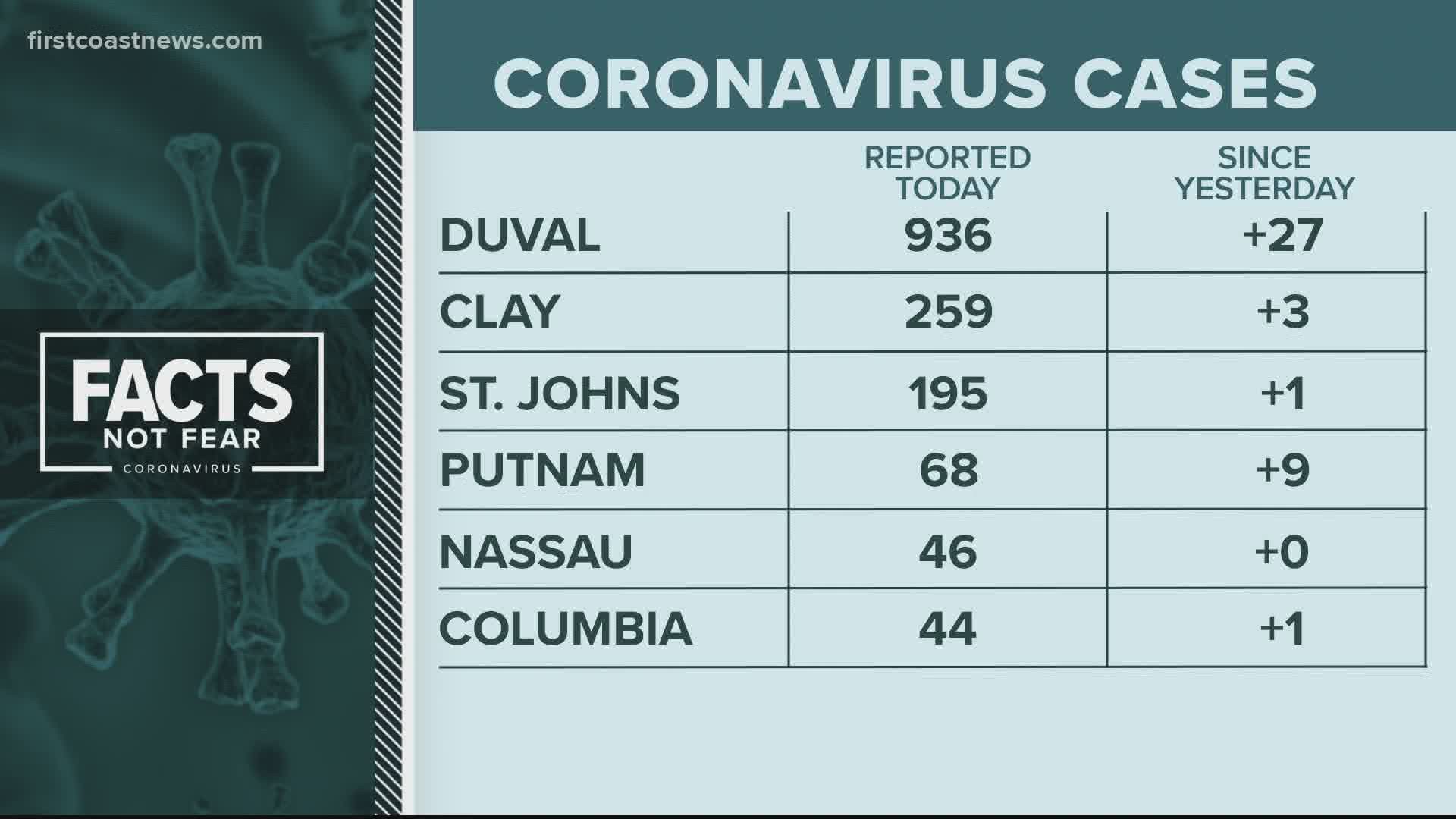JACKSONVILLE, Fla. — On Thursday, Mayor Lenny Curry held a news conference to provide information about a new stimulus package that will provide financial assistance to Jacksonville residents.
Curry says the 'Jacksonville COVID-19 Relief Program' will provide $1,000 in assistance directly to 40,000 Jacksonville residents who need it the most. In order to qualify, 25-percent of household income must have been lost due to COVID-19 in households that make $75,000 or less a year.
The program also includes $26 million that's going towards small business relief and $25 million that will be set aside to help with expected declines in city revenues.
Curry says the relief program will also set aside $35 million in funding for additional testing and testing sites, with $12.5 million going to the city’s coronavirus emergency account.
The plan still has to be presented to City Council on Friday.
After that, the city says more information will be released next week that will outline how people can apply for the $1,000, and provide a detailed breakdown of fund allocations.
At the end of the news conference, Mayor Curry said the models have not played out as they predicted.
"I believe with the information we have recorded, we have flattened the curve here in Jacksonville," he said. "In the incoming weeks, we will reopen cautiously."
Curry is still urging residents to wear masks when going to the store and to stay home as much as possible.
RELATED: Jacksonville mayor announces list of milestones to safely reopen city during COVID-19 pandemic
On Tuesday, city leaders announced a list of civic leaders and necessary milestones to safely reopen the city.
This follows the White House's recommended three-phase outline released last week for state governors to use as a baseline for recovering economically from the coronavirus pandemic.
Curry says Jacksonville is still working towards meeting the following criteria:
- Show a downward trajectory of COVID-19 cases or positive tests over 14 days
- Downward trajectory in reports of influenza-like symptoms for 14 days.
- Hospitals must be able to treat all patients without emergency accommodations
- The city must put in place at-risk testing including antibody testing

